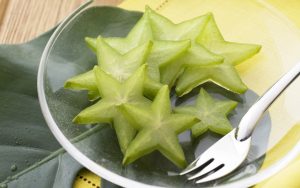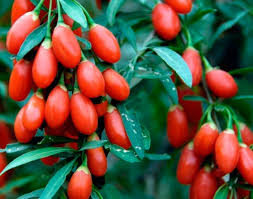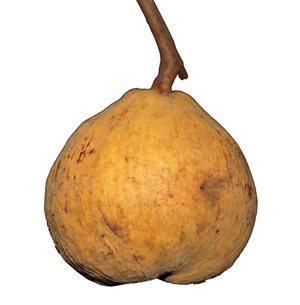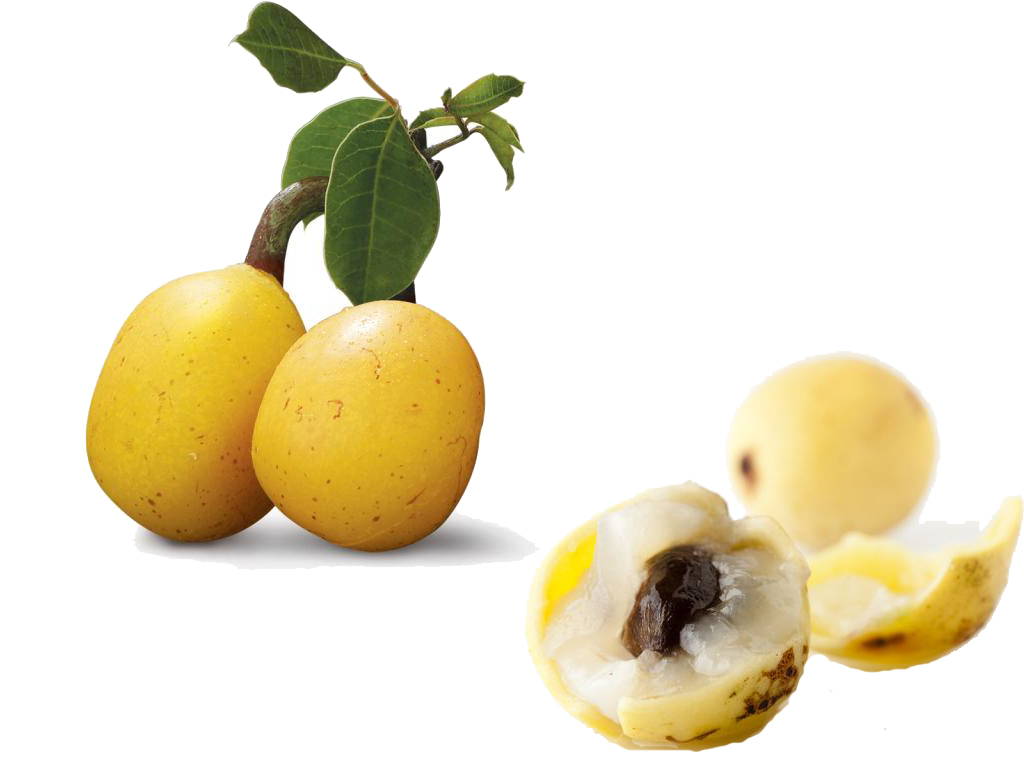carambola
Carambola or Star Fruit
 The birthplace of carambola is Southeast Asia. There, this exotic fruit is eaten just like we eat apples or cucumbers. And to taste, it is something in between an apple, a gooseberry and a cucumber. In Europe, carambola is also quite popular due to its unusual shape. The fact is that this yellow-green ribbed fruit in cross section has the shape of a star. Therefore, carambola is also called star fruit. It is enough to cut it across, and the decoration for any table is ready. Continue reading
The birthplace of carambola is Southeast Asia. There, this exotic fruit is eaten just like we eat apples or cucumbers. And to taste, it is something in between an apple, a gooseberry and a cucumber. In Europe, carambola is also quite popular due to its unusual shape. The fact is that this yellow-green ribbed fruit in cross section has the shape of a star. Therefore, carambola is also called star fruit. It is enough to cut it across, and the decoration for any table is ready. Continue reading
jams
confectionery
territories
elements
tract
joints
immunity
carbohydrates
cocktails
green
colds
shape
effect
latitudes
digestive system
nerves
vitamins
sugars
cautious
taste
bronchitis
contains
minerals
Avarra
nails
zinc
protein
flowers
phosphorus
countries
vision
Awara
carotene
representative
tender
eyes
article
processes
calcium
medications
vegetables
unpretentiousness
iron
nutritious
organic
edible
diathesis
temperate
desserts
sweet
Tukum
digestive
reproductive organs
Russia
pregnant
blood pressure
diabetes
fiber
vitamin C
India
sucrose
magnesium
tropical
potassium
bones
mango
attractive



